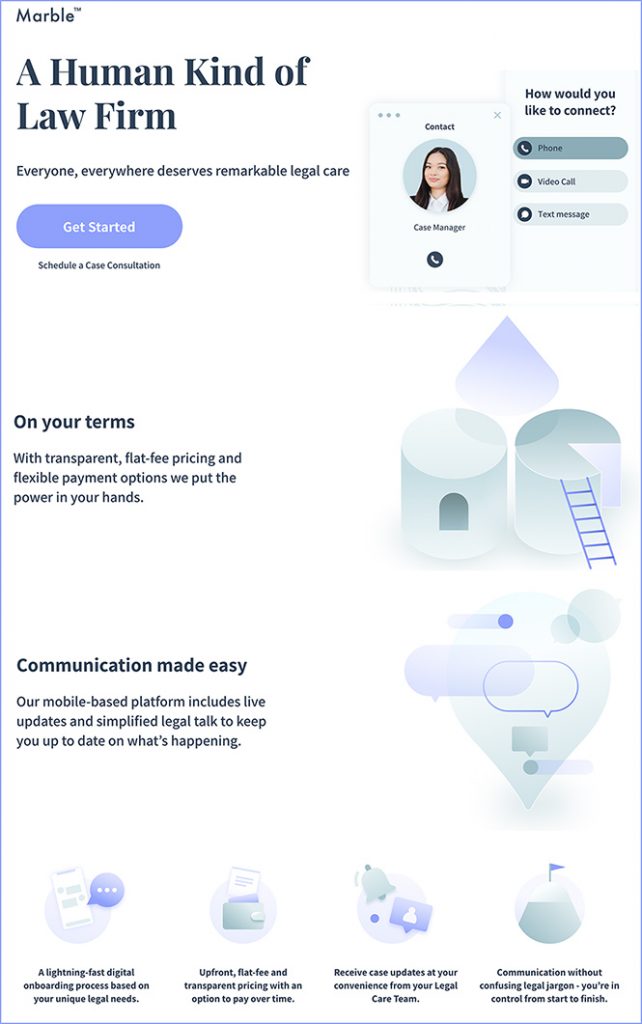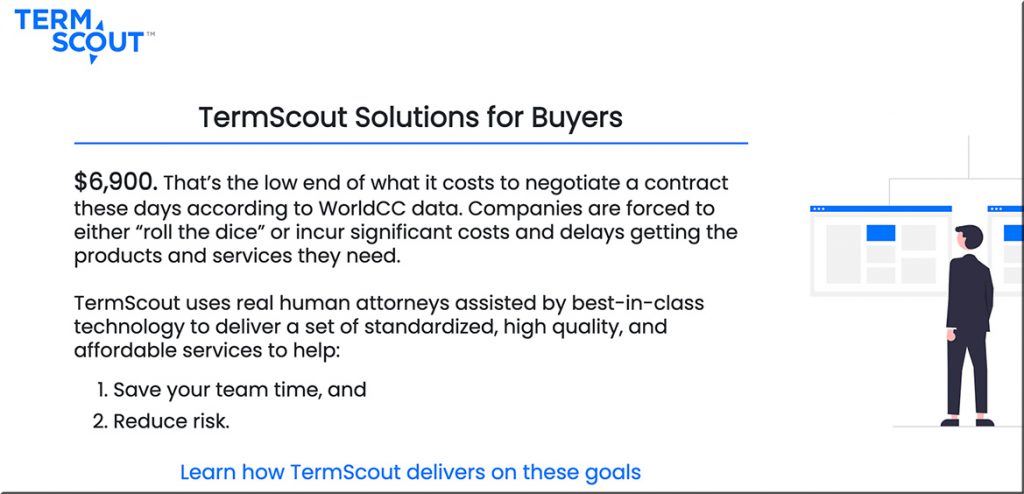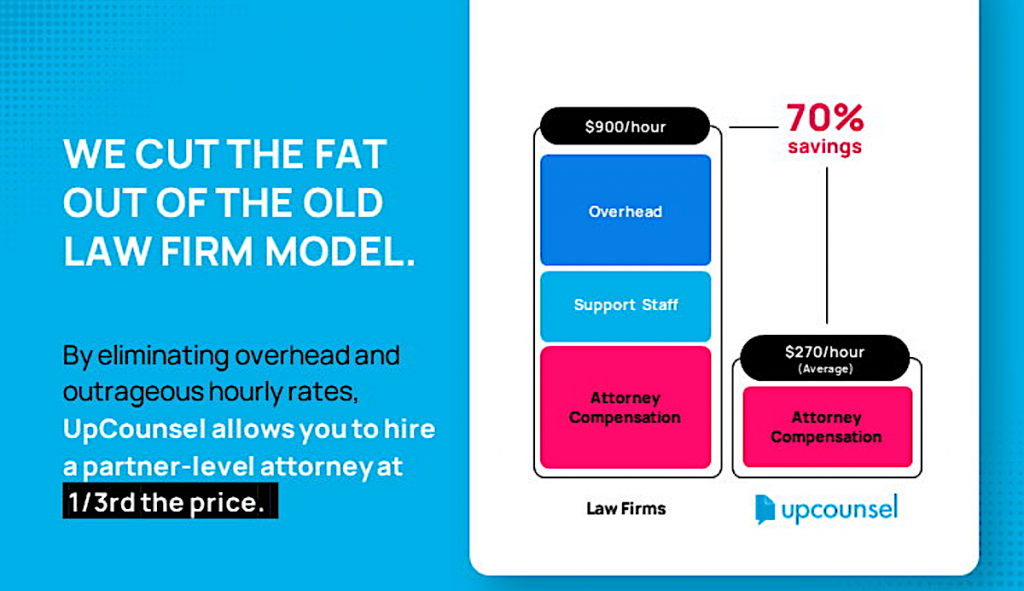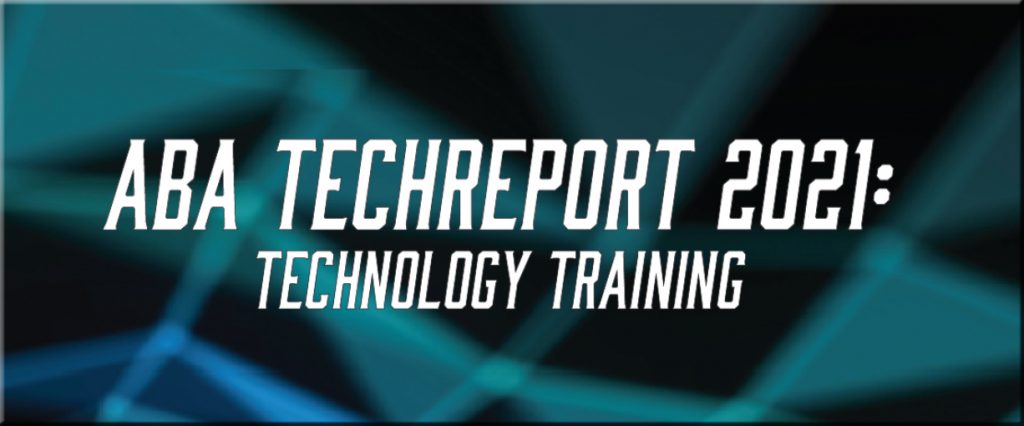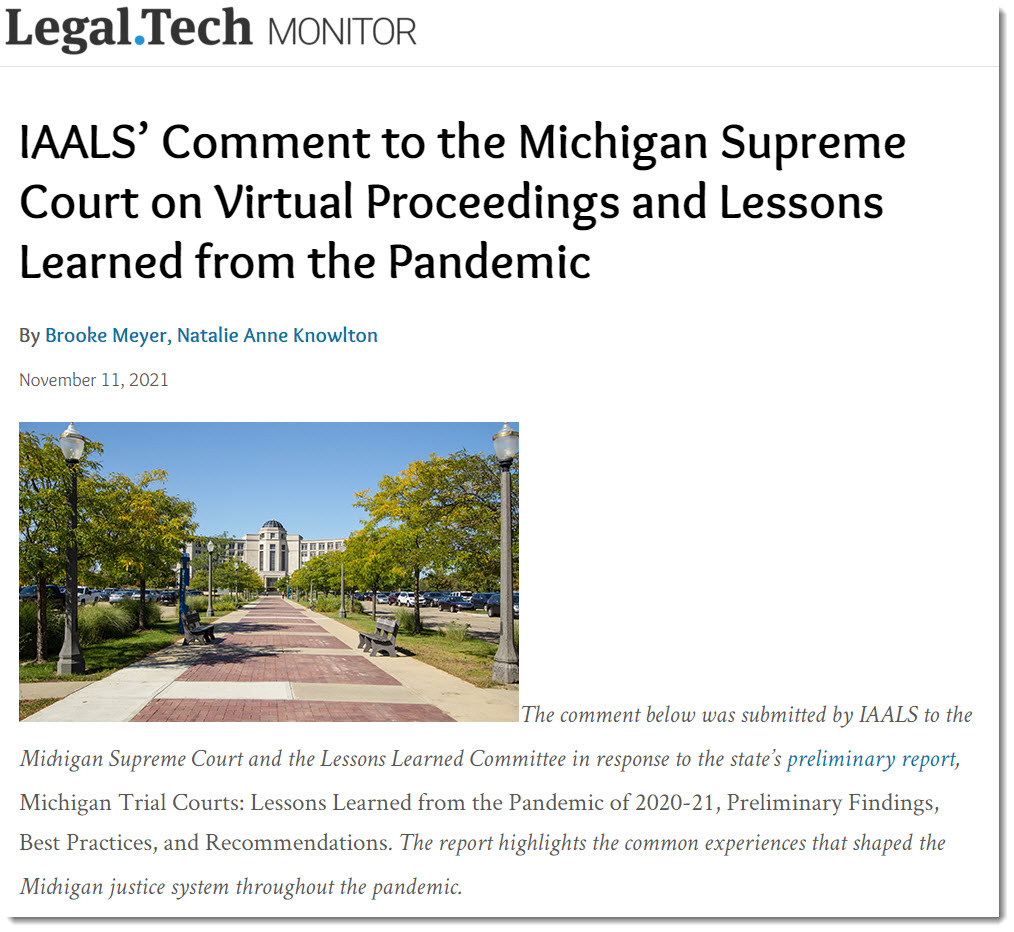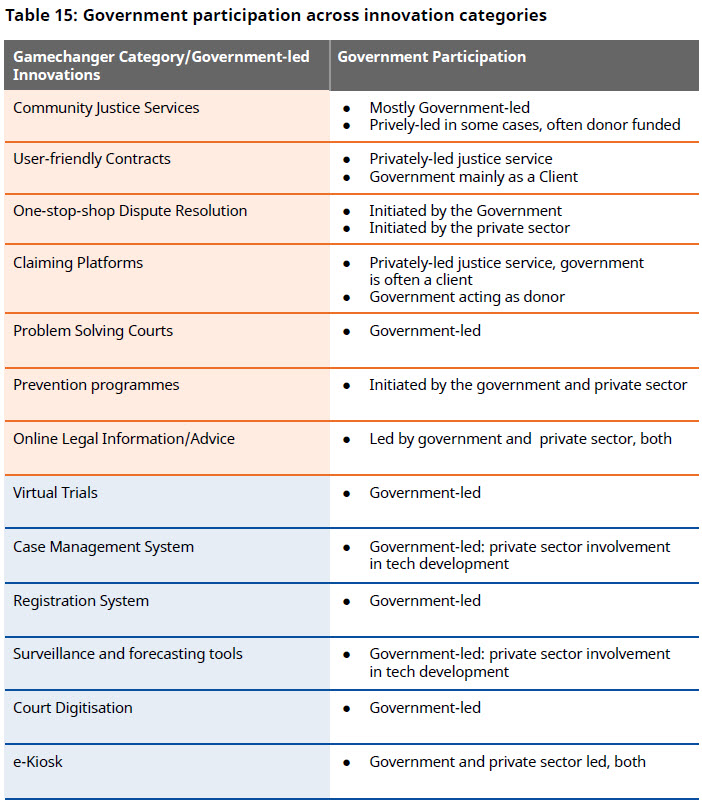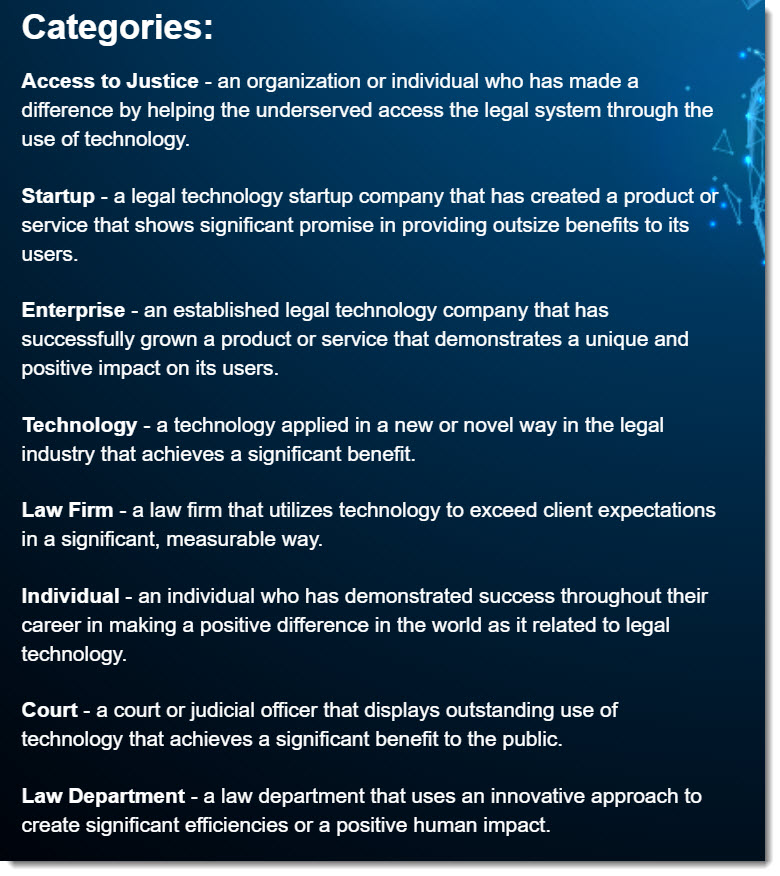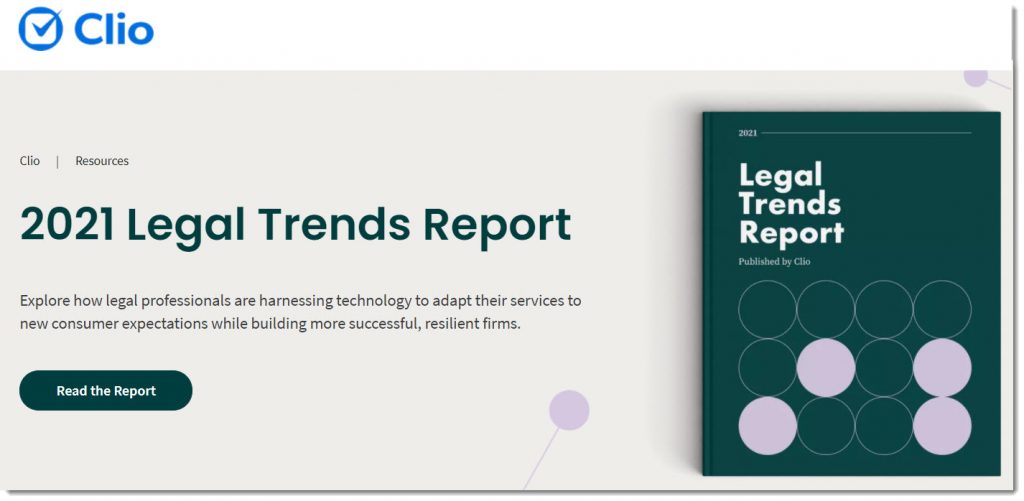The top 5 legal technology news of 2021 — fromabajournal.com by Nicole Black
Excerpt:
There were also a significant number of acquisitions, resulting in the unprecedented consolidation of legal technology companies. What follows are the more notable examples, although there were many others that are not listed below.
- Litera acquired Kira Systems, Clocktimizer, DocsCorp and Foundation Software.
- MyCase acquired Soluno, Casepeer and Woodpecker.
- Clio acquired CalendarRules and Lawyaw.
- Francisco Partners acquired Paradigm, which had previously acquired PracticePanther, Headnote, Bill4Time and MerusCase.
- Private equity firm Warburg Pincus acquired NetDocuments.
- Smokeball-Leap-InfoTrack Group acquired LawLytics and Lawgical.
- ProfitSolv acquired Tabs3 (and also owns Rocket Matter, Cosmolex, LexCharge, ImagineTime and TimeSolv).
- Veritext acquired Reportex.
- Intapp acquired Repstor.
- Onit acquired Bodhala and BusyLamp.
- Consilio acquired Xact Data Discovery.
Also see:
- Legal Transformation Is A Business Story — from forbes.com by Mark Cohen
Excerpt:
The first step in law’s transformation journey is to align the legal function with the mission, purpose, and culture of business and to instill a customer- centric, team-oriented mindset. This is not an easy or quick process, but it is a necessary one. The legal function cannot achieve alignment unless it: speaks the language of business and understands its goals and risk profile, works proactively and at the speed of business, operates as a team (internally and across the enterprise), upskills, and adopts a customer-centric, results-oriented approach to everything it does. Legal must embrace the data-backed, tech-enabled, multidisciplinary approach to problem-solving, value-creation, and customer-centricity of business.









